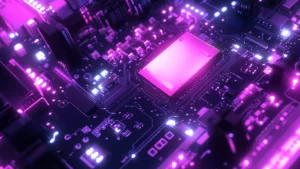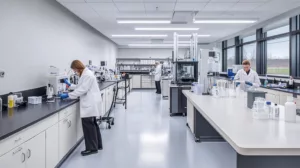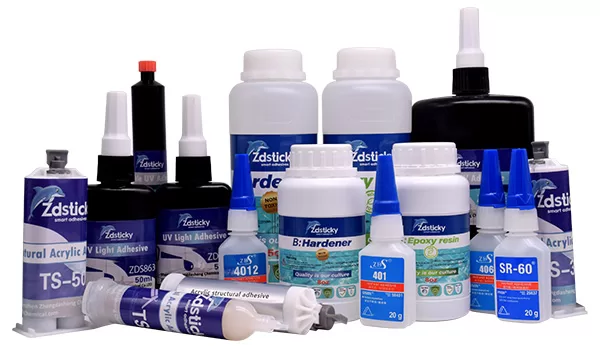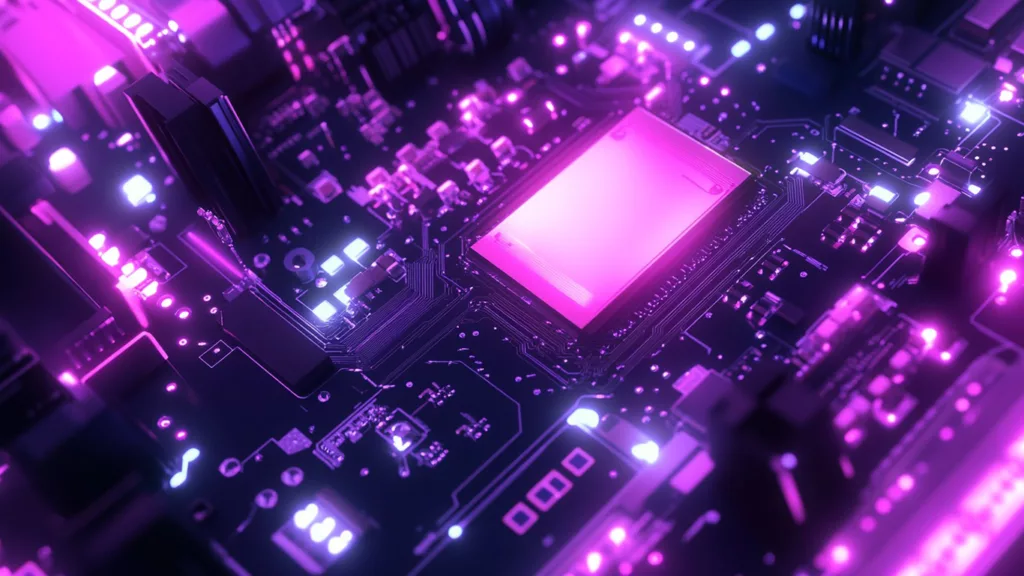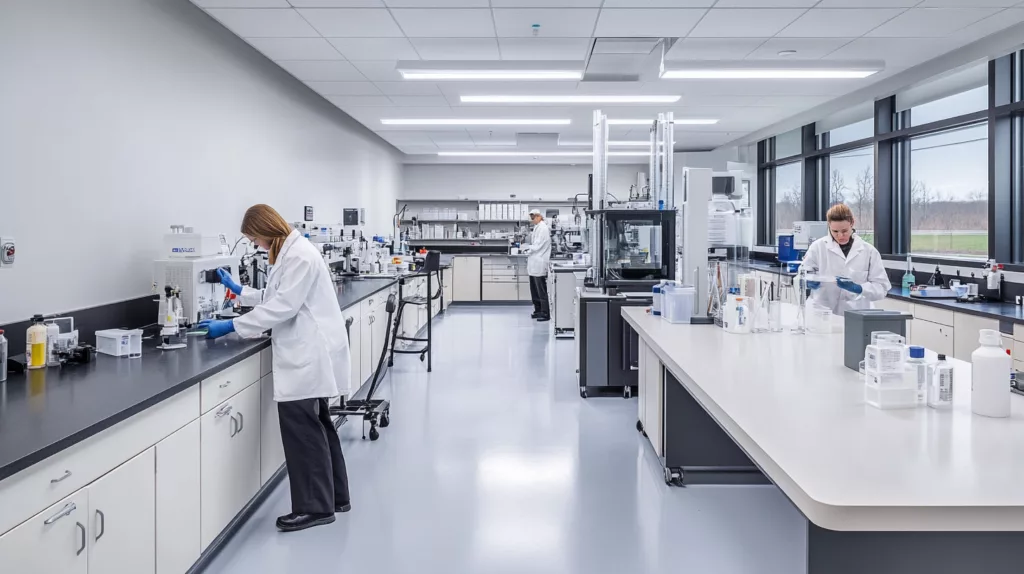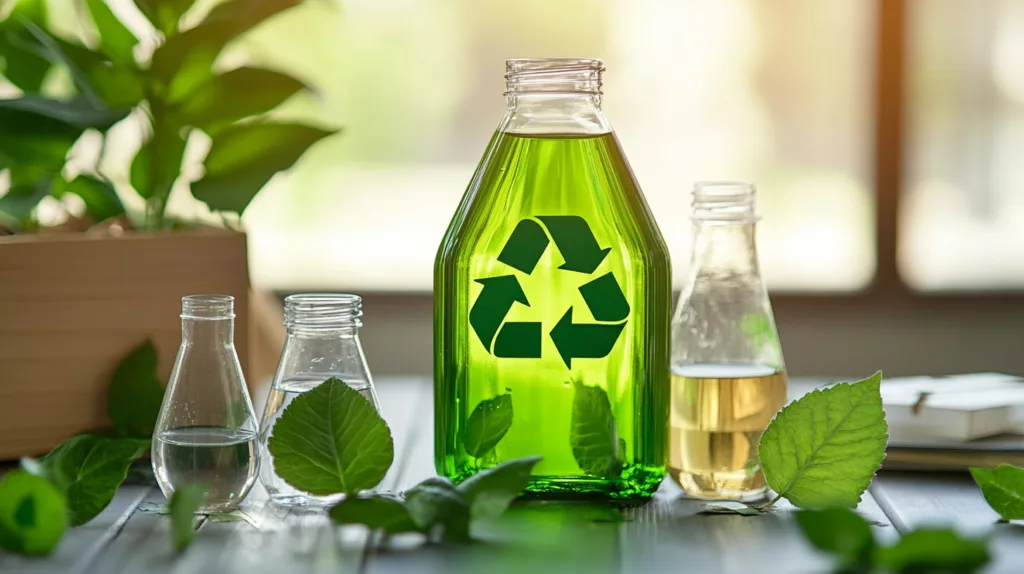Glass bonding demands precision, clarity, and strong adhesion. When choosing between UV glue vs epoxy, understanding the properties, performance, and application requirements is crucial. This guide compares both adhesives to help you make an informed decision.
ZDS™ is a trusted adhesive manufacturer providing innovative bonding solutions, offering both UV-curable and epoxy-based products engineered for high-performance glass bonding in industrial and consumer applications.
Understanding the Basics
What is UV Glue?
UV glue, or ultraviolet-curing adhesive, is a type of resin that cures quickly under UV light. It forms a clear, strong bond within seconds, making it ideal for precision applications like uv glue for glass.
Key Properties:
- Cures in seconds with UV light
- High transparency and clarity
- Excellent for smooth, non-porous surfaces like glass
What is Epoxy Adhesive?
Epoxy consists of a resin and a hardener mixed before application. It cures chemically over time, forming a very strong and durable bond.
Key Properties:
- High mechanical strength
- Gap-filling capabilities
- Resistant to heat and chemicals
Performance Comparison: UV Glue vs Epoxy for Glass
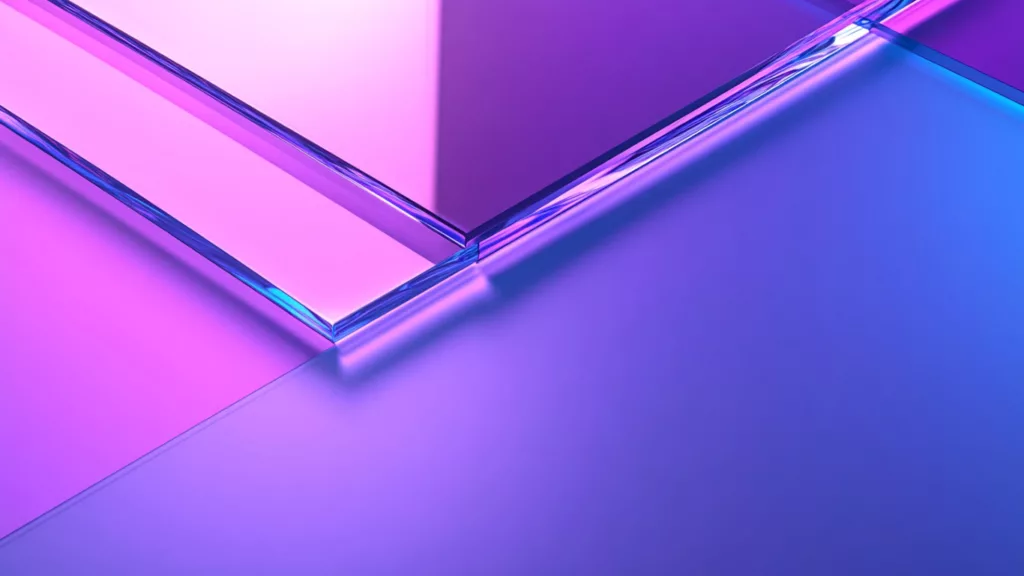
Bond Strength and Durability
Epoxy adhesives generally offer superior mechanical strength, especially for heavy-duty or structural bonding. However, UV glue for glass forms a strong enough bond for most decorative, optical, and light-load applications.
| Property | UV Glue | Epoxy |
| Initial Cure Time | Seconds (with UV) | 5–60 minutes |
| Final Strength | Medium to High | Very High |
| Clarity | Crystal Clear | Often Slightly Yellow |
| Gap Filling | Low | Excellent |
| Chemical Resistance | Moderate | High |
Application Conditions
- UV Glue is ideal for clean, clear-glass applications where aesthetics and speed are important.
- Epoxy is better for bonding uneven surfaces or applications requiring extreme durability.
Choosing the Right Adhesive Based on Application
For Decorative Glass Bonding
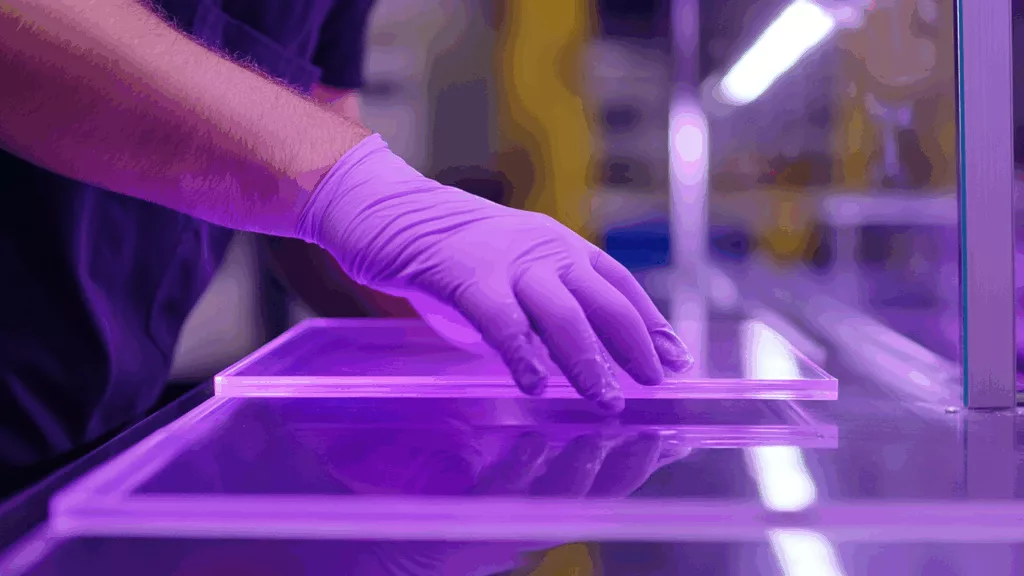
If you’re bonding glass shelves, displays, or ornaments, UV glue for glass is preferred due to its clarity and speed.
For Structural or Load-Bearing Glass
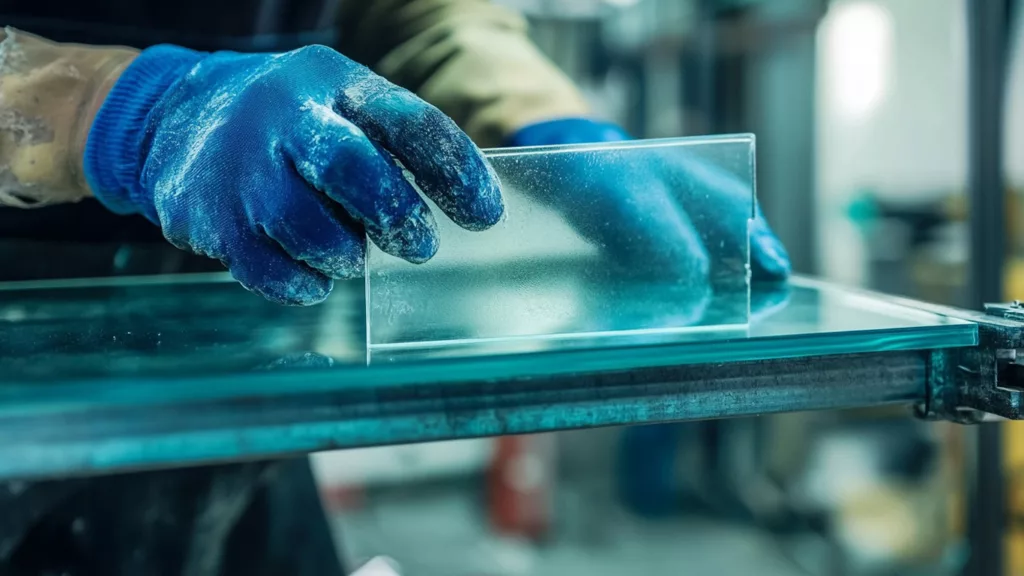
For glass-to-metal or stress-bearing joints (e.g., fixtures, glass furniture), epoxy resin for glass offers better durability and gap-filling.
For Industrial Assembly Lines
UV glue is ideal for high-speed automated processes, thanks to its rapid curing and minimal waste.
Additional Considerations
Transparency
If clarity is critical—like in optical components or display glass—UV glue is superior, offering bubble-free, clear bonds.
Ease of Use
- UV glue requires UV light equipment but no mixing.
- Epoxy requires precise mixing and more curing time.
Environmental Resistance
Epoxies typically perform better in environments with heat, moisture, or chemicals.
FAQs
Is UV glue strong enough for glass bonding?
Yes, UV glue offers strong adhesion for most glass applications, especially when surfaces are clean and well-aligned.
Can I use epoxy instead of UV glue for glass?
You can, especially if you’re working with uneven surfaces or need a stronger, load-bearing bond.
Which adhesive is easier to work with?
UV glue is easier and faster for precision work, while epoxy is more forgiving for irregular surfaces.
Final Thoughts: Which is Better?
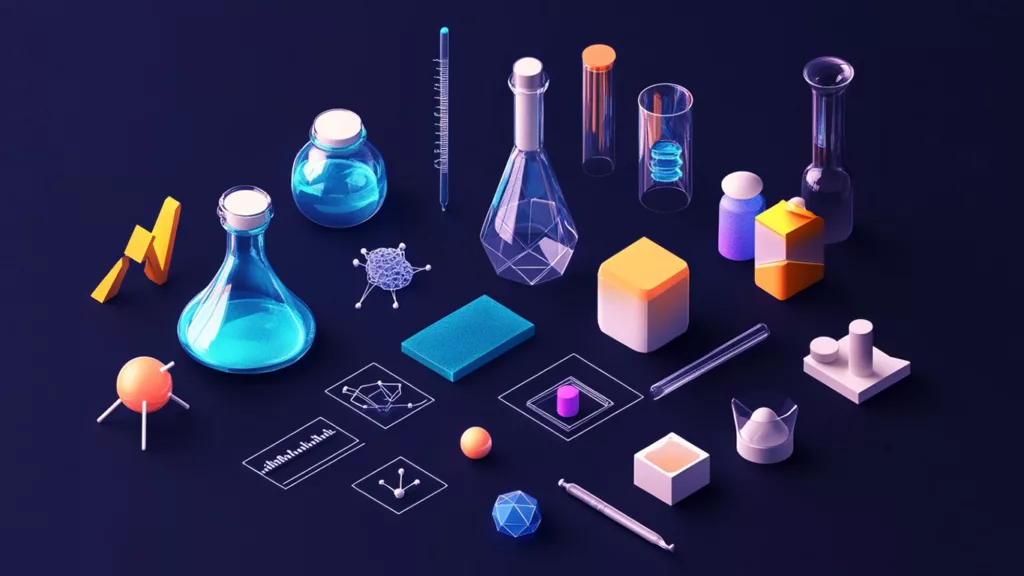
Both UV glue and epoxy have their place in glass bonding. If your priority is speed and clarity, UV glue for glass is the optimal choice. For strength and versatility, epoxy delivers unmatched performance.
Ultimately, ZDS™ provides both UV-curing adhesives and epoxy formulations tailored for various glass bonding needs. Consult with ZDS™ experts to select the right product for your specific use case.


